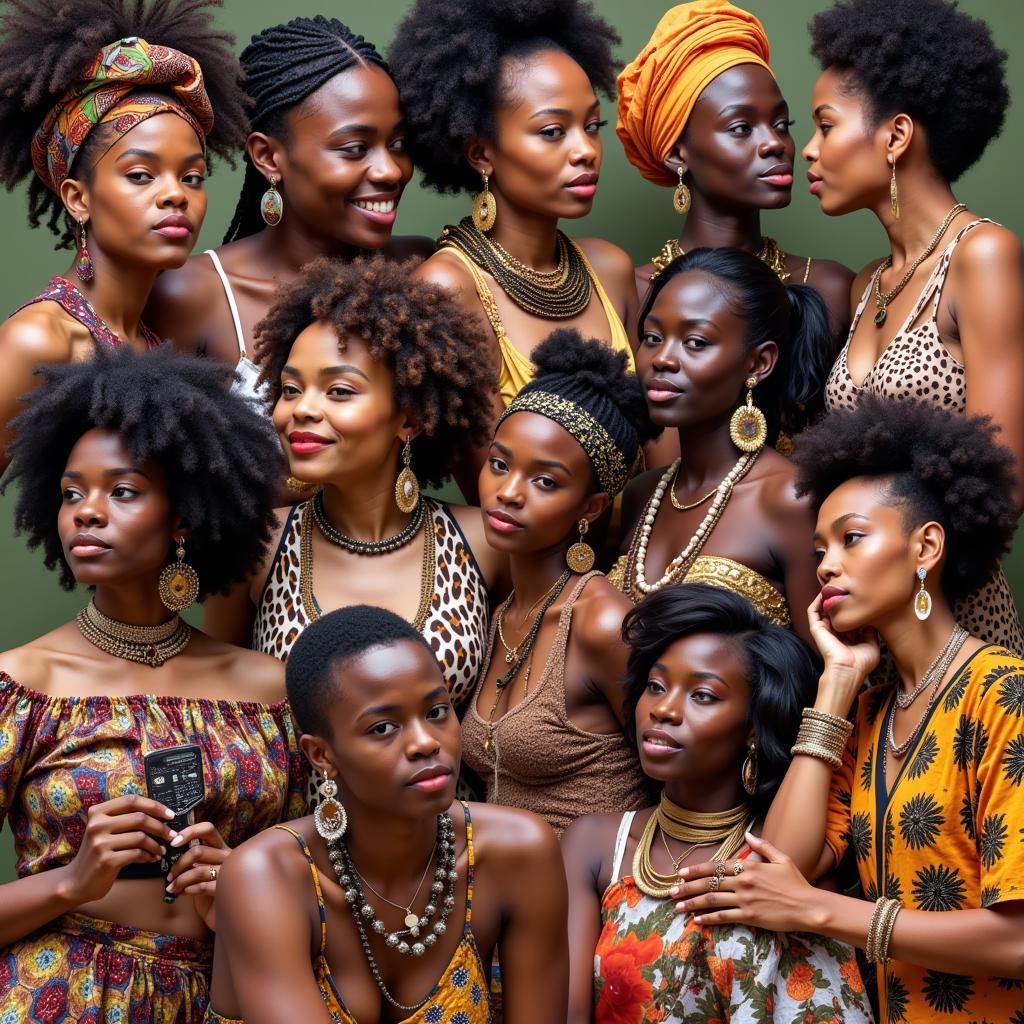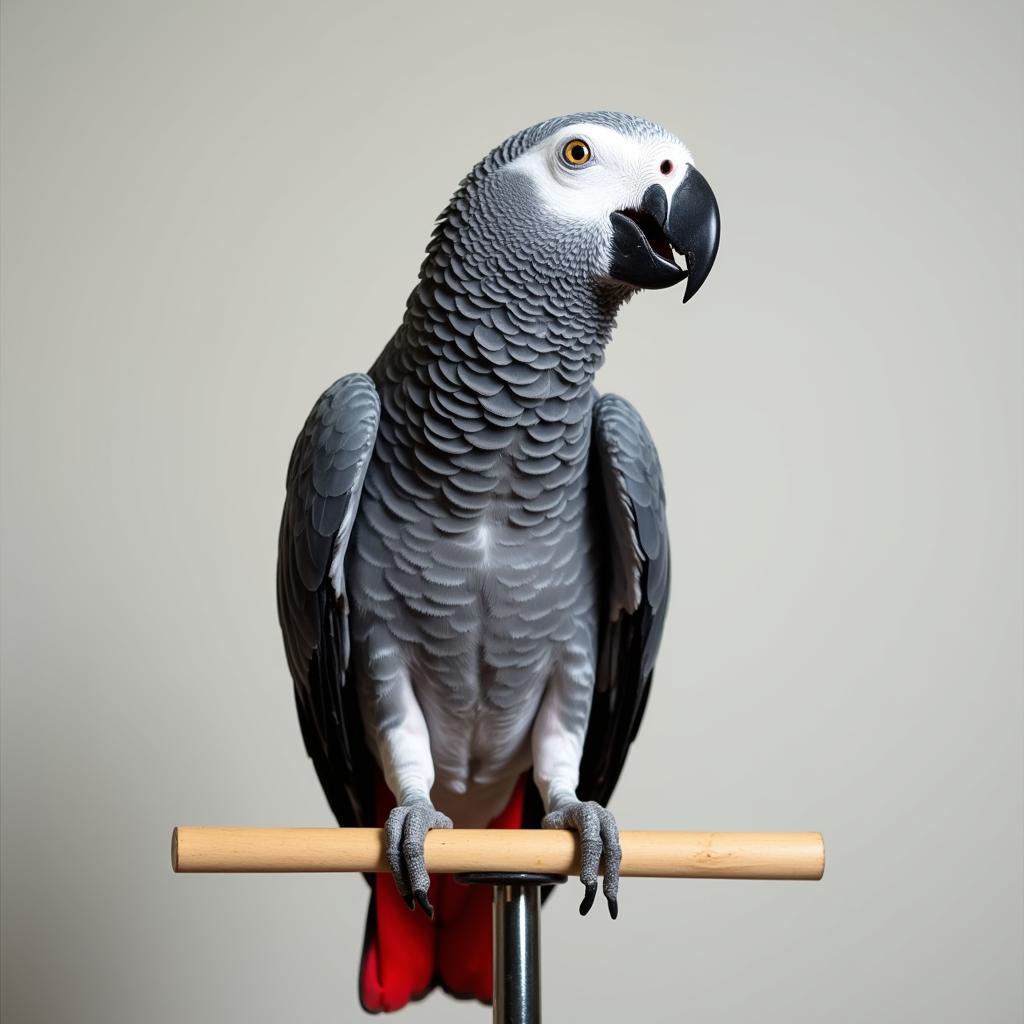A Common African Language: Exploring Linguistic Diversity and Shared Heritage
Africa, a continent of vibrant cultures and rich history, boasts an astounding linguistic diversity. With over 2,000 languages spoken across its 54 countries, finding a single, universally spoken “common African language” is a complex endeavor. However, this linguistic tapestry weaves a fascinating story of shared heritage, cultural exchange, and the enduring power of communication.
Unpacking “A Common African Language”: What Does it Mean?
When searching for “A Common African Language,” people may be looking for a variety of things. Some might seek a language for travel or business across the continent. Others could be interested in the historical roots of African languages or the influence of colonization. Understanding these different search intents is crucial for providing relevant and helpful information.
It’s important to note that there is no single language spoken across the entire continent. While several languages enjoy widespread usage, they are often concentrated within specific regions. This diversity is a testament to Africa’s rich cultural heritage.
Major Language Families and Their Reach
Africa’s linguistic landscape is categorized into four main families: Afro-Asiatic, Nilo-Saharan, Niger-Congo (including Bantu), and Khoisan. Within these families, thousands of distinct languages and dialects thrive. The Niger-Congo family is the largest, with Swahili, Yoruba, Igbo, and Zulu among its most prominent members.
Swahili, spoken by over 100 million people, often emerges as a contender for a common African language. Its role as a lingua franca in East Africa makes it a crucial tool for trade and communication. Similarly, Arabic, though not indigenous to the continent, has a strong presence in North Africa due to historical and religious influences.
The Role of Colonial Languages
European colonization significantly impacted Africa’s linguistic landscape. Languages like English, French, and Portuguese became official languages in many countries, used in government, education, and business. This has led to a complex multilingual environment where many Africans speak both their native language and a colonial language. This has both facilitated communication across broader regions and presented challenges to preserving indigenous languages.
Thinking about south african culture and languages specifically, Afrikaans, derived from Dutch, further complicates the linguistic picture. It adds another layer to the already rich tapestry of languages in the southern part of the continent.
Beyond Spoken Word: Exploring Cultural Expression Through Language
Language is more than just a means of communication; it’s a vessel of culture. African languages are intricately woven into the fabric of societal norms, artistic expression, and traditional beliefs. Proverbs, storytelling, and music are often deeply rooted in specific languages, reflecting unique worldviews and philosophies. For instance, African French voice artists showcase a unique blend of cultural influences, demonstrating how language can adapt and evolve in diverse contexts.
Dr. Abena Okyere, a renowned linguist specializing in African languages, states, “African languages are not just vocabularies and grammars, but repositories of ancient wisdom, complex social structures, and vibrant artistic traditions.”
Why is Understanding African Language Diversity Important?
Recognizing the vast array of languages across Africa is essential for fostering respect, promoting inclusivity, and understanding the complexities of the continent’s cultural heritage. This includes appreciating websites like real africans com that offer glimpses into the diverse lives and perspectives of people across the continent. It’s also crucial for debunking stereotypes and promoting a more nuanced view of Africa.
Professor Kwame Nkrumah, a leading expert in African history and culture, notes, “Language is the key to understanding a culture. To appreciate the diversity of Africa, we must first appreciate the diversity of its languages.”
Conclusion: Celebrating a Continent of Languages
While a single, ubiquitous “a common african language” doesn’t exist, the linguistic diversity across Africa is a testament to its rich cultural heritage. Exploring this diversity allows us to appreciate the complex history, unique traditions, and enduring power of communication that shapes the continent. Learning more about african colcher and its linguistic expression offers a pathway to understanding the rich tapestry of human experience within Africa. Embracing this multilingualism is key to unlocking a deeper understanding of Africa’s past, present, and future.
FAQ
- What is the most widely spoken language in Africa? Arabic is the most spoken language in Africa, primarily due to its prevalence in North Africa.
- Is Swahili spoken across all of Africa? While Swahili is a lingua franca in East Africa, it’s not spoken across the entire continent.
- How many language families are there in Africa? Four main language families are recognized: Afro-Asiatic, Nilo-Saharan, Niger-Congo, and Khoisan.
- Why are colonial languages still used in Africa? Colonial languages often serve as official languages, used in government, education, and business, facilitating wider communication.
- How does language reflect African culture? Language is deeply intertwined with cultural expression, including proverbs, storytelling, and music, reflecting unique worldviews.
For further reading, explore The South African for news and insights related to South Africa and its diverse culture.
Need assistance? Contact us 24/7: Phone: +255768904061, Email: kaka.mag@gmail.com, or visit us at Mbarali DC Mawindi, Kangaga, Tanzania.


